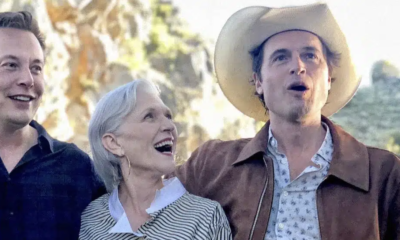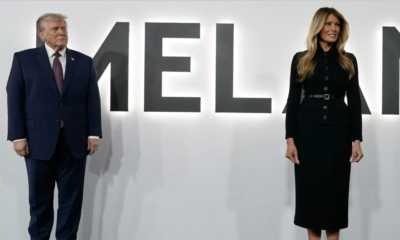Environment
India goes from “phase out” of coal to a “phase down” at COP26 summit
India raised a last minute change of fossil fuel language in the pact, going from a “phase out” of coal to a “phase down” at the COP26 summit in Glasgow. After initial objections, opposing member countries finally conceded.
Several countries, including small island states, expressed deep disappointment by the change promoted by India to “phase down”, rather than “phase out” coal power, which is the single biggest source of greenhouse gas emissions. Negotiators from Switzerland and Mexico called the coal language change against the rules because it came so late. They said they had no choice, but to go along with it.
“India’s last-minute change to the language to phase down but not phase out coal is quite shocking,” said Bill Hare, Australian climate scientist. “India has long been a blocker on climate action, but I have never seen it done so publicly.”
Reports say that Indian Environment Minister Bhupender Yadav threw a wrench when he argued against a provision on phasing out coal, saying that developing countries were entitled to the responsible use of fossil fuels. Yadav blamed unsustainable lifestyles and wasteful consumption patterns in rich countries for causing global warming. “Consensus remains elusive.”
This move came in the wake of a rich-poor divide at the UN summit. Developing countries complained that they were not being heard. Divisions, until late Saturday afternoon, remained on the issue of financial support sought by poor countries for the disastrous impacts of climate change they will increasingly suffer in the future. There were noted divisions on the issue of carbon-trading markets also. Experts say the idea is to trade credits for reducing carbon like other commodities, unleashing the power of markets, with poorer nations getting money, often from private companies, for measures that reduce carbon in the air.
According to Environmental Defense Fund Vice President Kelly Kizzier, a former EU negotiator and expert on carbon market negotiations, rich countries wanted to make sure that poor nations that sell their carbon-reduction credits don’t claim those actions in their national tallies by emission cuts, a process called double counting. He pointed out that Saturday’s draft provided strong provisions to prevent double counting of offsets, but new issues involving forests re-emerged later in the day.
Alok Sharma, UK’s COP26 President, said he was deeply sorry for the way the process had unfolded. “I understand the deep disappointment. It’s also vital we protect this package,” he said. “We can now say with credibility that we have kept 1.5C alive. But its pulse is weak and it will only survive if we keep our promises and translate commitments into rapid action.”
Also Read: PM Modi chairs high-profile meeting on cryptocurrency
Jennifer Morgan, executive director of Greenpeace International, however said the agreement was meek, weak and the 1.5C goal is only just alive. “But a signal has been sent that the era of coal is ending. And that matters.
It should be noted that the United Nations has set three criteria for success of COP26. It included pledges to cut carbon dioxide emissions in half by 2030; $100 billion in financial aid from rich nations to poor; and ensuring that half of that money went to helping the developing world adapt to the worst effects of climate change.









































Pingback: Car sales declined 27% in the local market last month.
Pingback: India has gone from a “phase out” of coal to a “phase down”. - GSTIndiaPro
Pingback: Climate change poses the biggest long-term threat to the global economy.